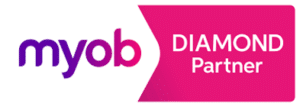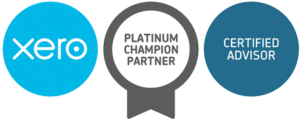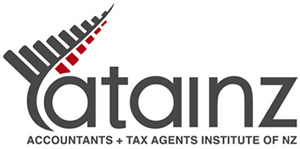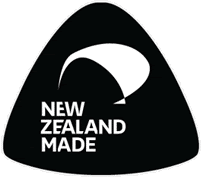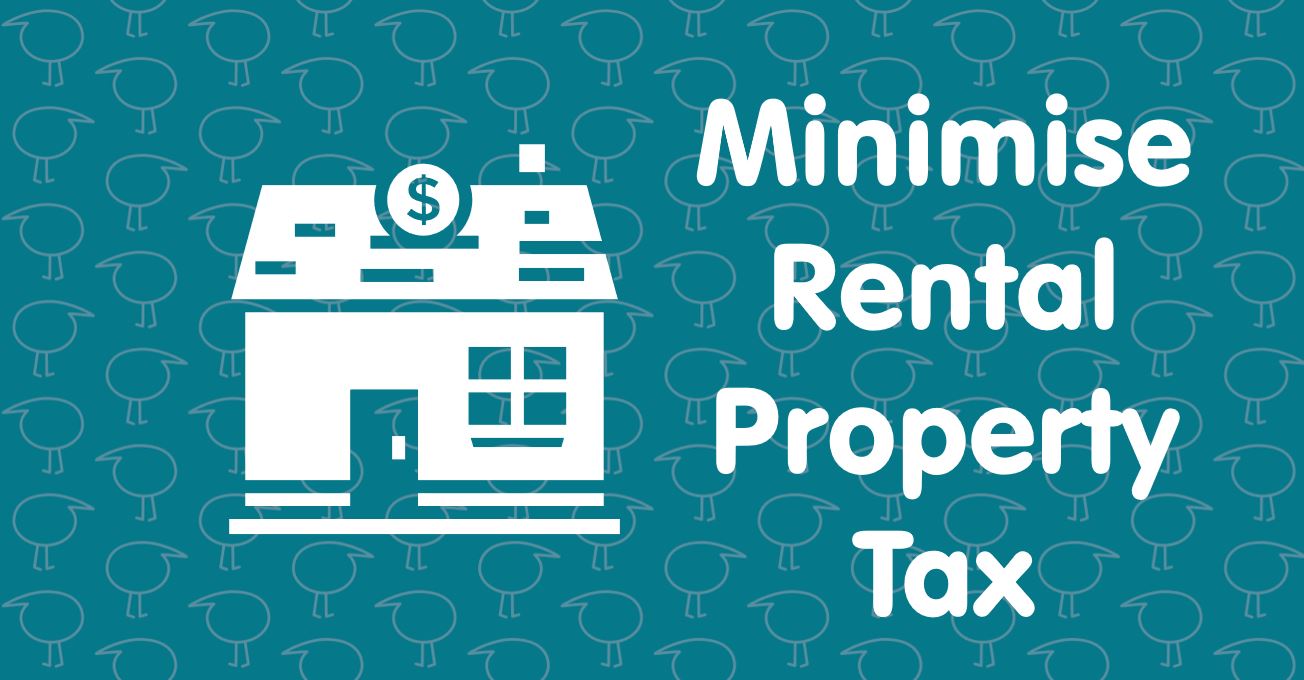
Clients often ask us “How can we pay less tax on our rental property?” While it’s not always possible to completely avoid paying tax on rentals, here are three simple strategies to minimize rental property tax.
Focus on the interest
Update 23 March 2021: A recent announcement from the New Zealand Government has changed the landscape with regards to property tax, read more about it on this article.
Quite often your rental property can be making a profit for tax purposes but you’re still having to top up your mortgage quite a lot during the year – why is this?
The repayments you’re making on your loan to reduce the balance aren’t claimable as a tax deduction – the interest is – but not the principal repayment.
So the extra money you’re putting in could be better used on your personal mortgage if you have one.
Ways to do this would be to;
ask the bank to put you on interest only for the rental loans orextend the term of the loan so the repayments are less oronly pay the minimum required in principal payments
Fix and maintain
Another way to save tax is to spend on repairs & maintenance – not assets or major upgrades, just general wear and tear maintenance.
The way this works is say you’ve got a profit of $3,000 from your rental for the year – the tax on this could be up to $1,000 that you’d have to pay to IRD.
If you spent say $3,000 on maintenance you’d be upgrading your property, improving tenant retention by showing the tenant you care and you wouldn’t be paying tax because you’re not making that profit anymore – the maintenance is tax deductible.
Buying assets or upgrades aren’t treated the same way – you might spend $3,000 on a heat pump but your tax saving is only minimal for a bit of depreciation – you will still have to pay tax because you can’t offset this spend against your profit.
UPDATE: Recent change to New Zealand tax law is an increase on the threshold for depreciation of assets from $500 to $5,000. This change is temporary and applies to assets purchased from 17 March 2020 until 16 March 2021. Beyond 16 March 2021 the threshold has been permanently increased from $500 to $1,000.
This means you can buy a $3,000 heat pump during the applicable period and offset the full amount against your rental property income in that year.
Outsource your accounting
Finally, you can also save tax by using an accountant to outsource your end of year accounting as this is a deductible expense.
Not only will you get an expert to ensure your tax compliance giving your peace of mind, but if you use a rental property expert (like us) then you’ll get access to the combined wisdom of accountants to help with advice on further tax minimisation strategies.
There you go, three simple strategies to minimize your tax bill on your rental property. If you have any questions, please get in touch.
IRD have some interesting further reading here.
Please note: Tax figures used are for illustration purposes.
About Kiwitax – Award winning business improvement, tax and accounting service
Here’s the thing. As a business, rental property owner or start-up, you get a kick out of having your own gig. But chances are dealing with your tax and accounting leaves you cold. Good news! We love it, so hand it over to Kiwitax and we’ll look after it all for you.
Whether you deal with us online, by phone or drop into our Napier office, you’ll find a friendly, professional hardworking team ready to work with you, however you keep track of your financial information and from wherever you do business. And all for a fixed price.
Plus if you’re at a loss to know how to improve aspects of your business – from growth planning to cashflow management, even tax debt and so much more – we’re all over that too. Our Business Improvement advisors can help you make a plan and put it into action.
Kiwitax are a preferred training provider for Business Improvement services through the Regional Business Partner Network Capability Voucher Scheme. This is a government funded scheme designed to boost business capability by providing funding of up to 50% of approved training programs with specified training providers up to a maximum value of $5000.
If you liked this article and want to make improvements in your business, with quarterly coaching sessions specifically tailored to support you to identify and achieve your business goals, lets chat!
